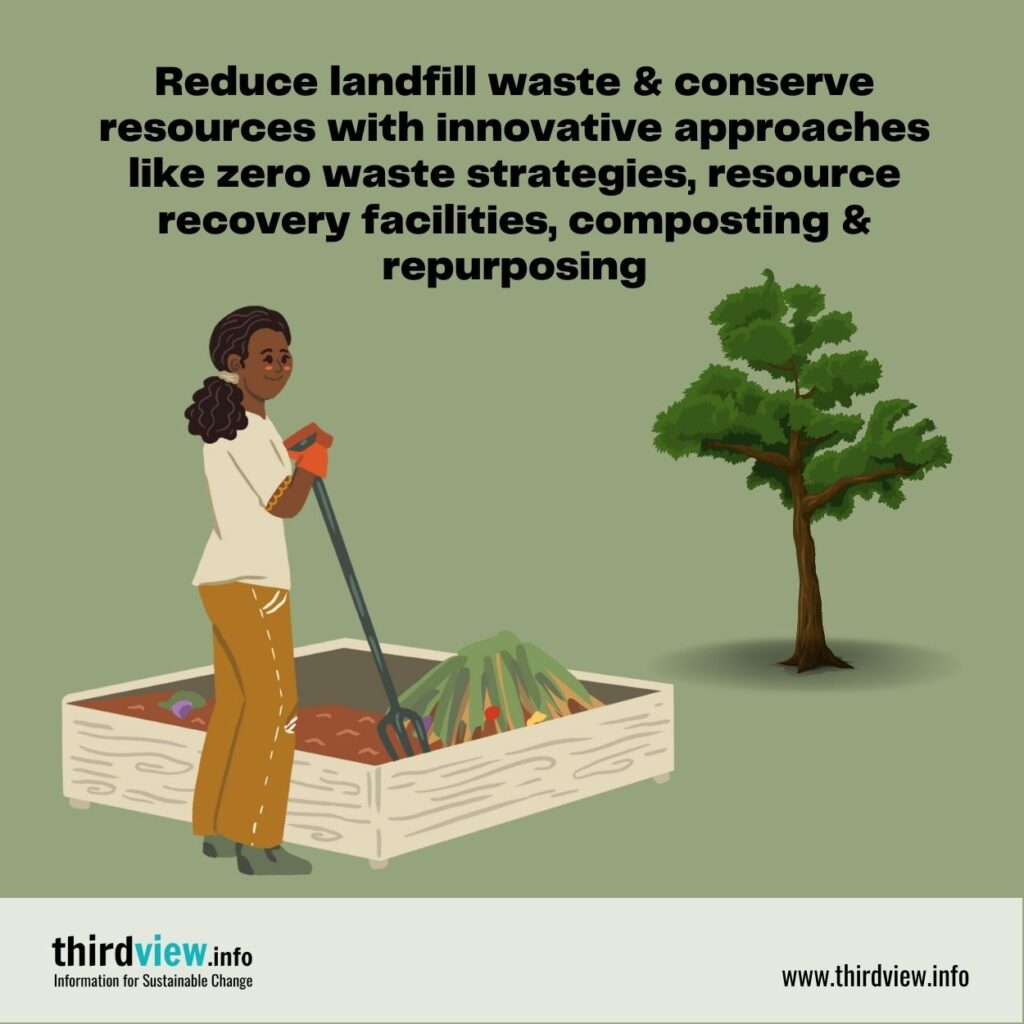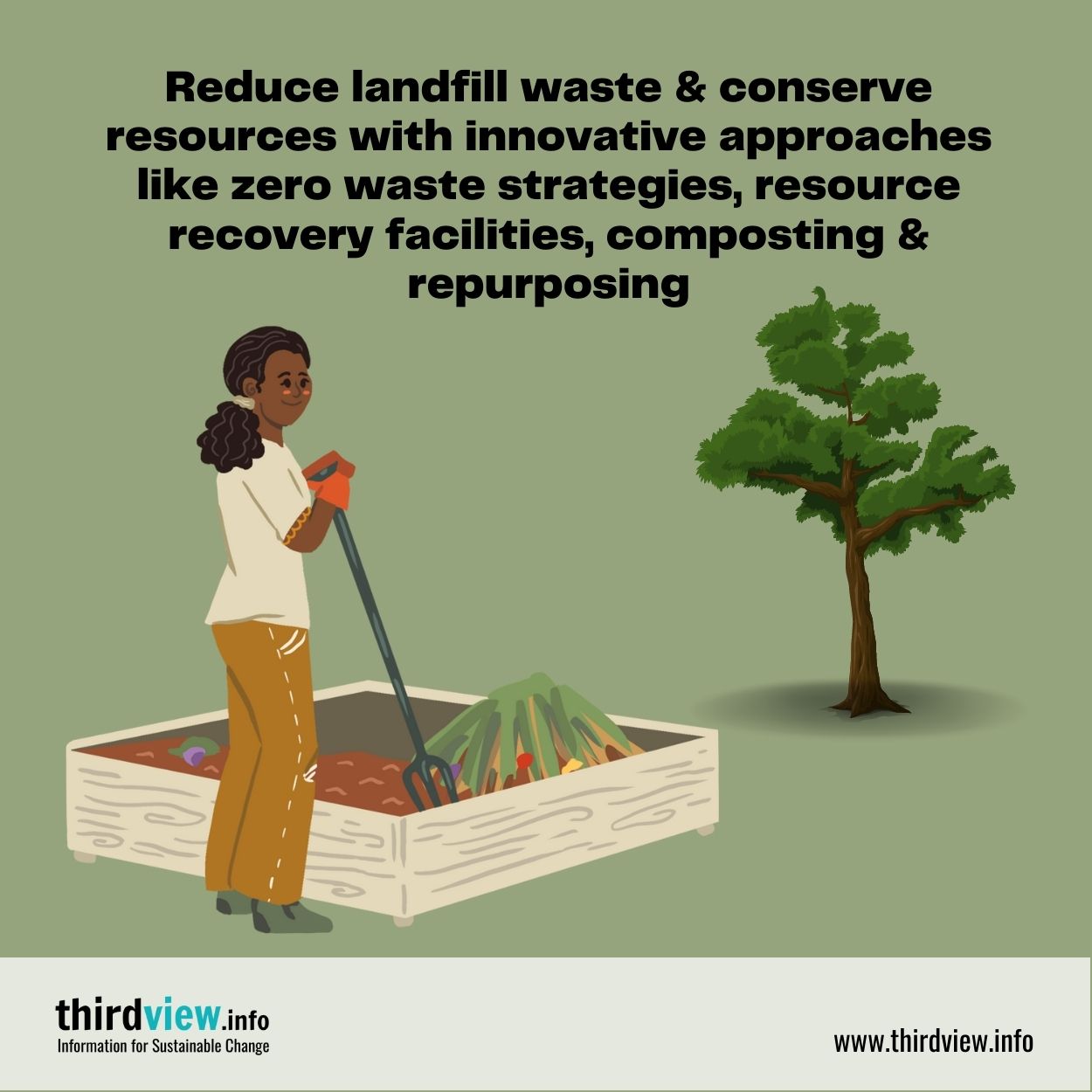The world is facing an unprecedented crisis concerning the waste produced by human activities. As the population grows, so does the amount of resources consumed, leading to more and more non-biodegradable materials being dumped in landfills and oceans. Fortunately, there are innovative approaches to waste management that can help us preserve our resources and protect our planet. Let’s take a look at some of these approaches.
Zero Waste Strategies
One of the most effective strategies for reducing the output of non-biodegradable waste is the zero-waste strategy. This approach focuses on reducing consumption levels as well as utilizing reusable products instead of single-use items wherever possible. It also encourages individuals and businesses to find ways to reduce their waste or reuse it in creative ways. For example, companies can implement recycling programs and encourage employees to use refillable containers instead of disposable ones. This approach has been proven to be highly effective in reducing landfill waste and conserving resources.
Resource Recovery Facilities
Another way to reduce the amount of non-biodegradable materials in landfills is through resource recovery facilities (RRF). RRFs are designed to turn household garbage into usable commodities such as soil conditioners, fuel sources, building materials, compostables, etc. These facilities use a combination of sorting methods (such as manual picking or mechanical sorters) as well as advanced technologies (such as thermal processes) to separate recyclables from other types of garbage. By recovering valuable materials from otherwise unusable garbage, these facilities help conserve resources while also reducing pollution caused by landfills.
Composting
Lastly, composting is another great way to reduce the amount of non-biodegradable materials that end up in landfills or oceans every year. Composting involves using organic materials such as food scraps and yard trimmings to create nutrient-rich soil for gardening purposes or other agriculture projects. This process not only helps reduce landfill waste but also helps enrich the soil with important nutrients that would otherwise be lost due to traditional disposal methods such as burning or dumping in landfills.
Reusing/Repurposing
Reusing or repurposing items can help extend their life cycle while also conserving valuable resources such as water and energy. Some examples include using old jars or containers to store bulk foods; donating clothes or furniture instead of throwing them out; upcycling items around your home; and utilizing reusable shopping bags instead of plastic ones when possible. By making small changes in our daily habits, we can make big impacts on preserving resources over time.
The world is facing an urgent crisis concerning non-biodegradable materials entering our environment at an alarming rate—but it’s not too late. There are many innovative approaches we can take towards preserving our resources and protecting our planet from further harm caused by these materials through zero waste strategies, resource recovery facilities, composting, and repurposing. We have the power within us all to make a difference—if we act now.


